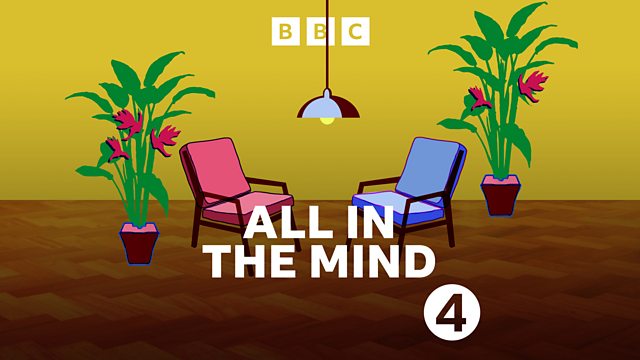The impact of bad news, compassion fatigue, and the psychology of whistleblowing
There’s no shortage of bad news in the world. But what is the psychological impact of media exposure to traumatic events? Also, we discuss feeling safe to speak up at work.
Increasing numbers of people are avoiding the news, and a recent update to Ipsos’s Global Trends 2023 report has found that the current state of the world is causing people to focus on their own lives, rather than broader, global problems. Mike Clemence, associate director of trends & futures at Ipsos, talks Claudia Hammond through the findings and the "polycrisis" we find ourselves in. Coverage of these crises can have a psychological impact, Roxane Cohen Silver, distinguished professor of psychological science, medicine, and public health at the University of California Irvine, tells Claudia how media exposure to traumatic events can cause acute symptoms of stress, and what we can do to protect ourselves.
Whistleblowers do the important job of calling out wrongdoing in an organisation. So why are so many treated badly, even though they’ve done the right thing? And how can people be encouraged to raise concerns at work? Claudia speaks to Amy Edmondson, professor of leadership and management at the Harvard Business School, about "psychological safety" – the belief that you won’t be punished for speaking up.
And Claudia is joined in the studio by Daryl O’Connor, professor of psychology at the University of Leeds, to take us through some of the latest findings in neuroscience and psychology. We discuss whether compassion is a limited resource and if the emotional words we use can affect our heart health.
Presenter: Claudia Hammond
Producer: Sophie Ormiston
Studio Manager: Tim Heffer
Production Coordinator: Siobhan Maguire
Editor: Holly Squire
Last on
Broadcasts
- Tue 12 Dec 2023 21:00�鶹�� Radio 4
- Wed 13 Dec 2023 15:30�鶹�� Radio 4
Podcast
-
![]()
All in the Mind
The show with the latest evidence on psychology, mental health and neuroscience.




